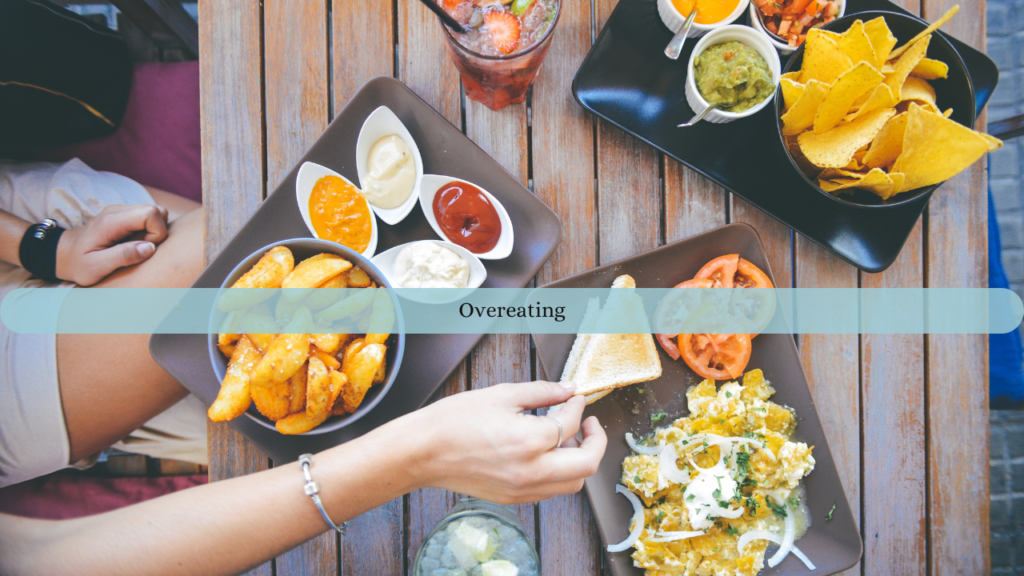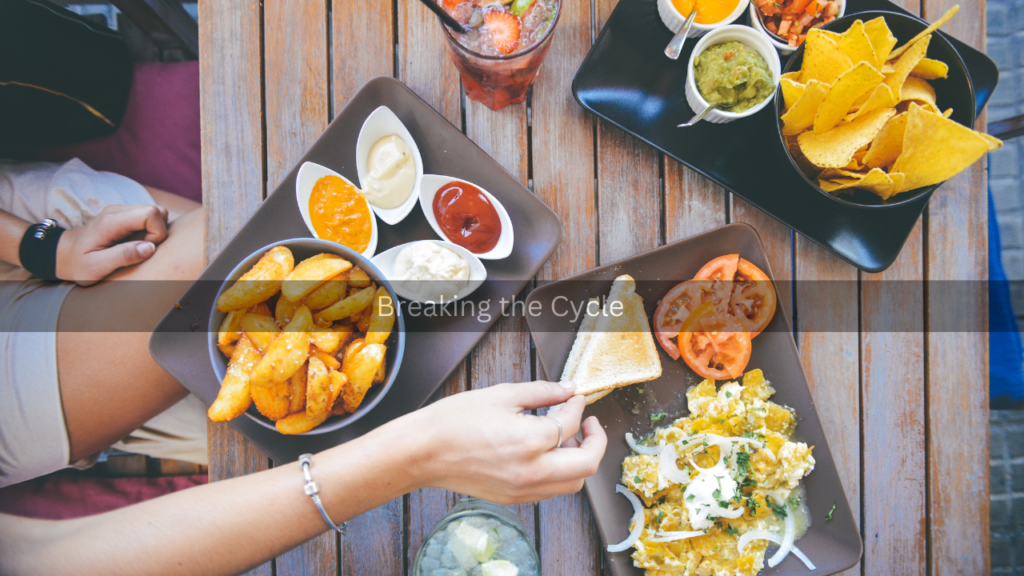
Binge eating is a common struggle that affects people of all ages and backgrounds. It involves consuming large amounts of food in a short period, often accompanied by feelings of guilt, shame, and a loss of control. Fortunately, there are effective strategies that can help reduce cravings, promote satiety, and support a more balanced relationship with food. If you’re ready to say goodbye to binge eating, here are some practical steps to help you reduce cravings and stay full longer.
1. Eat Regular, Balanced Meals
One of the most important ways to prevent binge eating is to avoid extreme hunger. Skipping meals or eating too little during the day can set you up for intense cravings later on. Aim to eat three well-balanced meals and one or two snacks daily. Include protein, healthy fats, and fiber-rich carbohydrates in every meal to keep you energized and satisfied.
2. Prioritize Protein
Protein is essential for keeping hunger at bay. It helps stabilize blood sugar levels and increases feelings of fullness. Incorporate sources like eggs, chicken, fish, tofu, beans, and Greek yogurt into your diet. A protein-rich breakfast, in particular, can reduce cravings throughout the day.
3. Stay Hydrated
Sometimes we mistake thirst for hunger, leading to unnecessary snacking or overeating. Drinking enough water throughout the day supports digestion and helps regulate appetite. A good rule of thumb is to aim for about 8 cups of water daily, or more if you’re active or live in a hot climate.
4. Practice Mindful Eating
Mindful eating is about being fully present during meals. Sit down at the table, eat slowly, and pay attention to flavors, textures, and how your body feels. This helps you tune into your body’s natural hunger and fullness cues, reducing the likelihood of overeating.
5. Identify Emotional Triggers
Emotional eating is a major cause of binge eating. Many people eat to cope with stress, sadness, boredom, or loneliness. Journaling, therapy, and stress-reducing activities like walking, deep breathing, or creative hobbies can help you manage emotions without turning to food.
6. Keep Trigger Foods Out of Sight
If certain foods tend to lead to binges—like chips, cookies, or candy—consider keeping them out of your home, or at least out of easy reach. Surround yourself with nutritious, whole foods so you’re more likely to make healthier choices when hunger strikes.
7. Sleep and Manage Stress
Poor sleep and chronic stress increase levels of cortisol, a hormone that can boost cravings for sugary and fatty foods. Aim for 7–9 hours of sleep each night and find healthy ways to relax, such as meditation, yoga, or talking with a friend.
8. Seek Support
You don’t have to tackle binge eating alone. Talking to a therapist, joining a support group, or working with a registered dietitian can provide accountability, tools, and encouragement on your journey to recovery.
Final Thoughts
Binge eating is a challenge, but it’s not permanent. By nourishing your body regularly, understanding your emotional triggers, and making mindful food choices, you can reduce cravings, feel fuller longer, and reclaim control over your eating habits. Progress takes time—be patient and celebrate every step forward.








